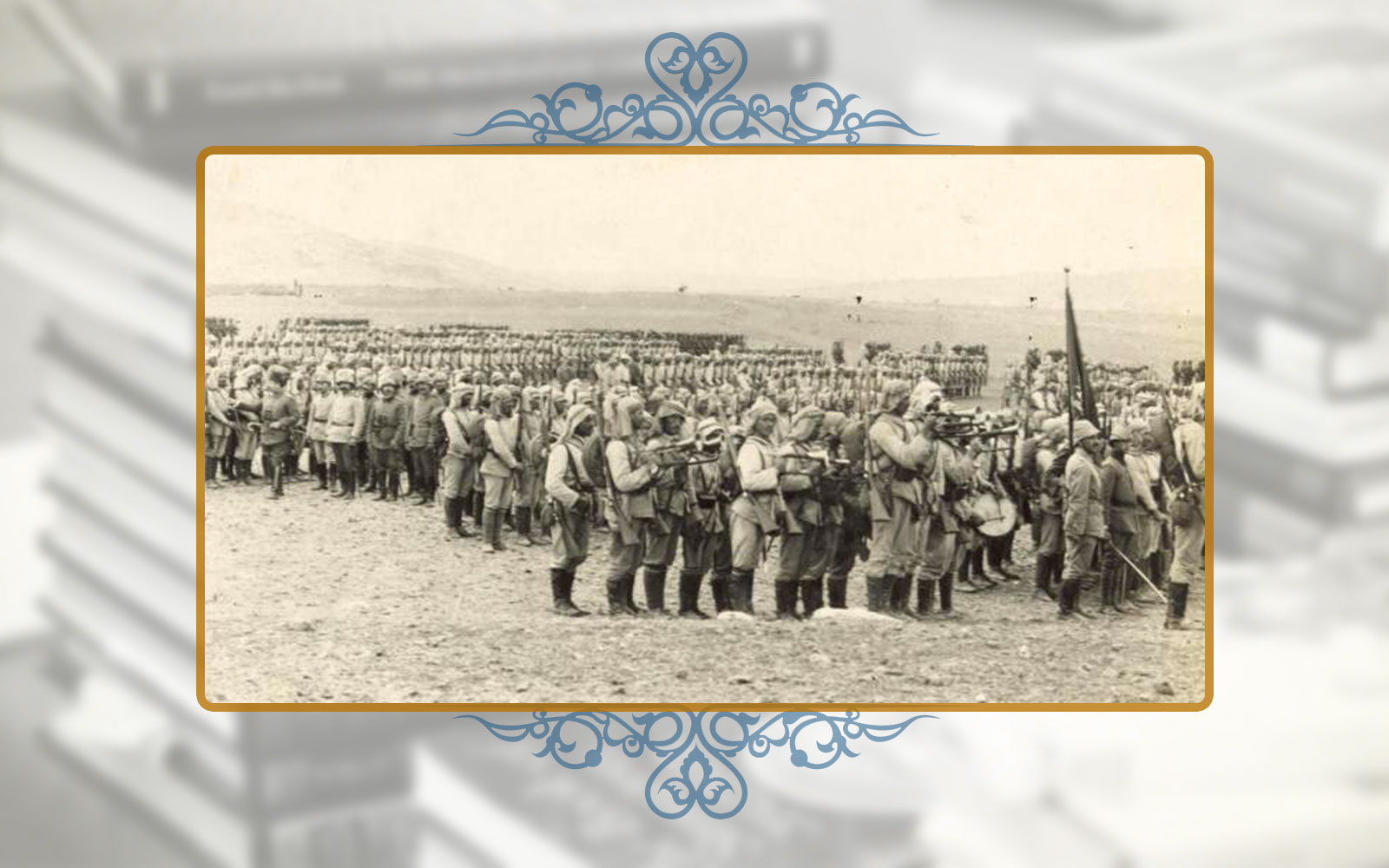On the 15th night of the Islamic month of Sha'baan 1333 Hijri – 1914 AD, the holy city of Karbala was filled with distinguished pilgrims of different sects and ethnics to visit the holy shrine of Imam Al-Hussein "peace be upon him".
At that time, the people of the holy city of Karbala massed against the Ottoman government as a result of the oppression practiced by that government on them, so they attacked the prisons, government departments, and the houses of security officials.
The Ottoman administrator "Hamzak Bek" learned about this incident, so he entered the city from its eastern side with a large heavily armed forces, then he barricaded in the local fortresses and houses, while the people of the city were encamped in the western side of the city.
This situation was escalated into bloody battles between the two sides that lasted for several days, that resulted in a massive number of human casualties and the destruction of houses and shops, not to mention the huge defeat of the Ottoman military and the fall of the city in the hands of the people until the era of the British occupation of Iraq.
Source:
The Destination of Noblemen in The History of Karbala: by Abdul-Hussein Al-Kelidar Al-Tu'ma – The Karbala Center for Studies and Research.

